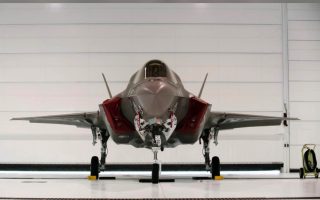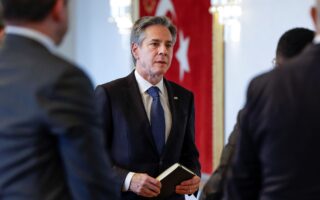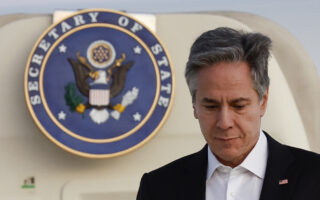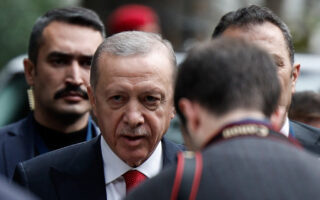Three allies, two envoys, one conclusion
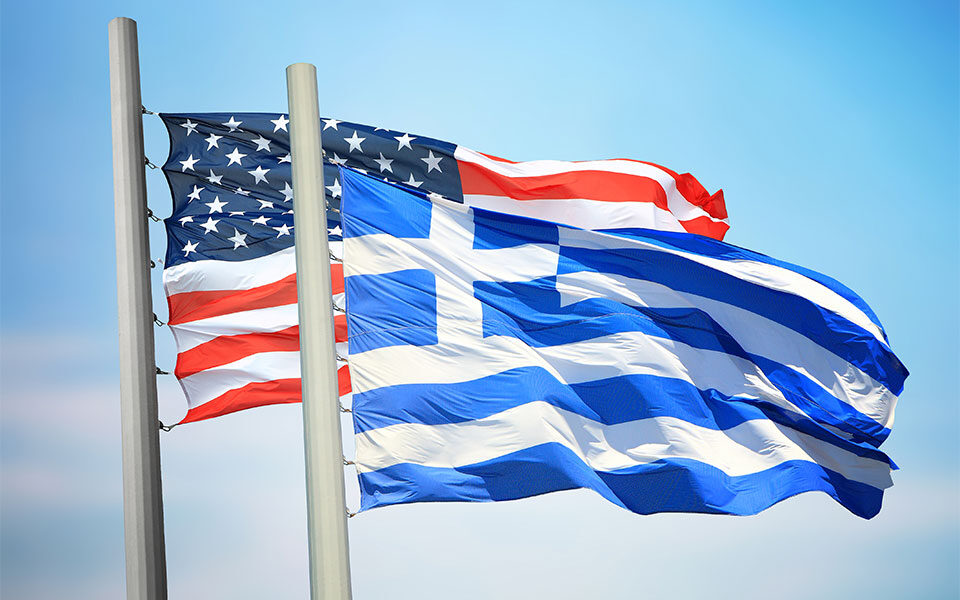
Turkey and Hungary are both difficult allies of the United States. Both held up NATO’s enlargement just when Washington needed the greatest possible coalition against Russia and maximum support for Ukraine. The leaders of both countries have good relations with Vladimir Putin. Recep Tayyip Erdogan had an open line with Donald Trump when the latter was president and would very much like to see him return to the White House. Viktor Orban calls openly for Trump’s election and declares his dislike of Joe Biden. We would expect the United States to be highly irritated by both governments. And this is the case. But the messages that it sends the two allies are completely different. This allows us to see how Washington evaluates each country.
Last Thursday, the US ambassador in Budapest, David Pressman, launched an unprecedented (in its frankness) attack on the Hungarian government, on the occasion of the 25th anniversary of the country’s NATO accession. The government’s “dangerously unhinged anti-American messaging” and “expanding relationship with Russia” are jeopardizing US-Hungarian relations, Pressman warned. “No doubt you’ve noticed at this point that we do not ordinarily give speeches like this in other allied countries,” he said. “With other allies we engage, we collaborate, we work together, even where we have differences. Here, that doesn’t work – until we act.” As his speech included criticism of the Orban government’s domestic policies, it is clear that the United States is not expecting an improvement in relations. Soon we shall see what “action” it will take to stress its displeasure.
The handling of Turkey is completely different. Instead of addressing an official gathering in Turkey itself, US Ambassador Jeff Flake chose to publish a comment in a Salt Lake City newspaper/website. (The embassy in Ankara pointed Turkish journalists to it on deseret.com on February 13.) In his piece, Flake acknowledges that “there are certainly matters on which the United States and Turkiye disagree. Our approaches to countering ISIS do not always align, but Turkiye is an essential member of the anti-ISIS coalition. We will continue to work collaboratively on these and other difficult issues to bridge those gaps.” He calls Turkey an “indispensable ally,” saying that the agreement for the sale of F-16 fighters to Turkey “created the opportunity to re-energize this key relationship.” In short, the American envoy presents Turkey’s attacks on his country’s Kurdish allies against the Islamic State as a disagreement, while also keeping silent on Turkey’s behavior towards other countries. Nor does he refer to the close ties between Turkey and Russia, unlike his colleague in Budapest, but he does praise the relationship between Ankara and Kyiv.
The key point in Flake’s comment is that the United States sees Turkey’s possible usefulness in a number of conflicts. “Turkiye is unique in its ability to open conversations with our adversaries in ways and in places we simply cannot,” he wrote. “Also, it has proven itself a viable alternative to the People’s Republic of China in sub-Saharan Africa and Central Asia for countries looking for high-quality infrastructure, without the accompanying debt trap.”
Ankara’s rapprochement with Athens was the first step in a turnaround dictated by Turkey’s economic problems. The warming of ties with the United States was next, with a very evident improvement in relations.
